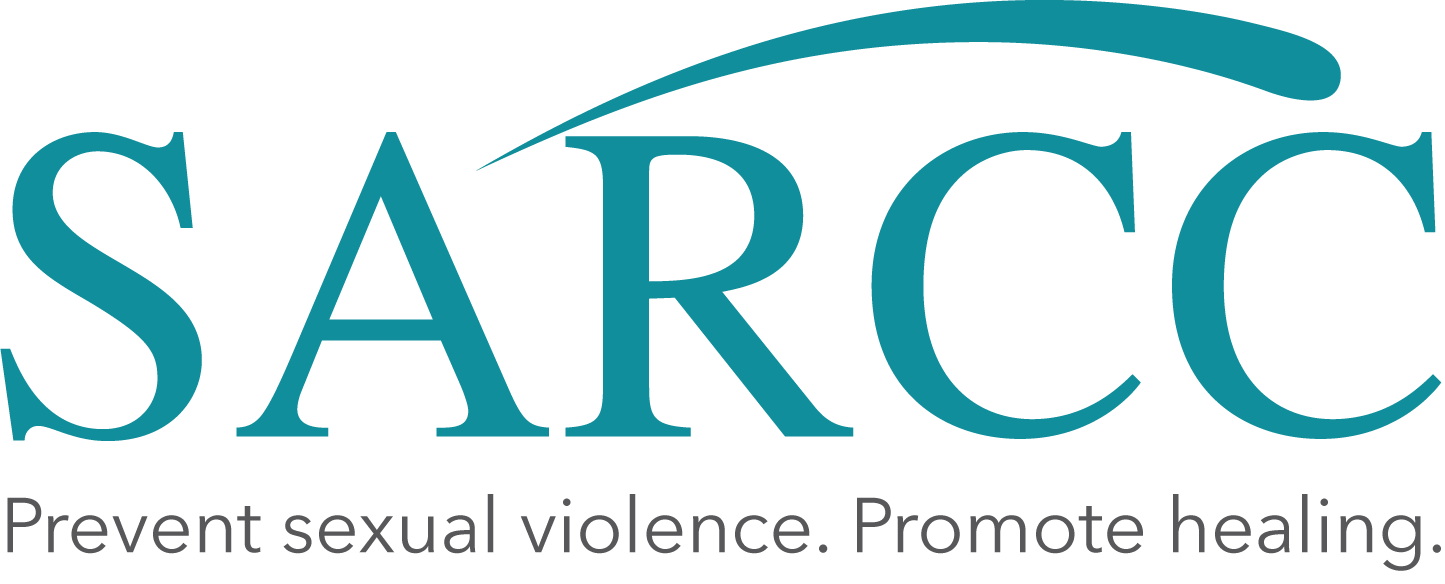Many of the survivors that we talk with struggle with this question. It’s normal to feel confused or unsure. It’s also common that people who commit sexual assault will use tactics that make the survivor believe that it was somehow their fault or that they were to blame. If you are not sure, and that’s what brings you to this post – that is 100% OK. You don’t need to be sure to seek information, connect with someone to work through it, or ask for support.
“Sexual Assault” is a technical term that often refers to a criminal charge. At SARCC, we use it, and other terms (like sexual violence, sexual abuse, etc.) as umbrella terms. Violence can include touching, words, actions, looks, or showing something unwanted. We will share some definitions, but it boils down to something simple. If something sexual happened to you and it feels off, you can get help.
Rape Crisis of England and Wales describes that sexual assault is when someone touches another person in a sexual way without their consent or makes that person engage in sexual touching against their will. It’s also important to remember that sexual activity can include words, touches, actions, or showing pictures or real-life acts of a sexual nature. Any of those actions or behaviors can happen in both safe, intentional, consensual ways and also in unsafe, abusive, confusing or violent ways.
Some situations and circumstances create conditions where consent cannot be freely given. For example, being asleep, under the influence of a substance, or having significant differences in age or power make impact ability to share consensual communication. Situations where a person is pressured, tricked, or unfairly influenced also takes away the ability to truly share consent.
Survivor services, like those offered at SARCC and other sexual assault programs in PA, do NOT require that a person reported the event. You also do not need to get medical care to be able to call a hotline, talk to an advocate, attend a group, or request trauma therapy. If you would like to contact someone to learn more about consent, options for reporting, or options for healing support, contact SARCC at 570-628-2965 or 717-272-5308.



